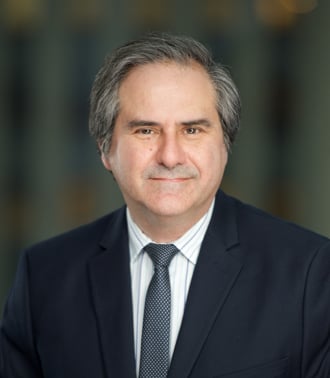Kaye Scholer Wins Trial Protecting Pfizer’s Viagra Patent
Kaye Scholer has successfully preserved Pfizer’s market exclusivity for its blockbuster drug Viagra®, defeating a challenge by Teva Pharmaceuticals USA Inc., which is seeking FDA approval to sell a generic version of the drug. Annual U.S. sales of Viagra® are approximately $1 billion.
After a 12-day bench trial, the U.S. District Court for the Eastern District of Virginia ruled that a Pfizer patent claiming the use of Viagra® to treat erectile dysfunction would be infringed by Teva’s proposed copy. Pfizer Inc., et al. v. Teva Pharmaceuticals USA Inc., 2011 U.S. Dist. Lexis 90021 (E. D. Va. August 12, 2011). The court rejected Teva’s assertions that the patent, which expires in 2019, is invalid as having been obvious and unenforceable under the doctrine of inequitable conduct.
The court found that oral administration of sildenafil (the active ingredient of Viagra®) to treat erectile dysfunction would not have been obvious to one of ordinary skill in the art in 1994 when Pfizer filed its patent application. The court also found that the patent claims asserted by Pfizer against Teva were patentably distinct from claims in another Pfizer patent, which issued before the patent-in-suit. Thus, the court concluded that Pfizer’s patent claims were not invalid under the doctrine of obviousness-type double patenting.
The district court also thoroughly rejected Teva’s contention that Pfizer’s patent should be held unenforceable for inequitable conduct during prosecution of the patent. The decision is significant as an early application of the Federal Circuit’s May 25, 2011 en banc decision in Therasense, Inc. v. Becton, Dickinson and Co., 2011 U. S. App. LEXIS 10590 (Fed. Cir. 2011), which elevated the standard for proving inequitable conduct defenses in patent cases. The court chastised Teva stating: “This court finds that this case is the archetype of the action the Federal Circuit was aiming to curtail with the tightening of the standards in Therasense . . . . The court refuses to read Therasense in any way other than how the Federal Circuit intended, as a bulwark against the waste of resources by both the judiciary and litigants, as has occurred in this case.”
The Kaye Scholer team was led by Aaron Stiefel and Daniel DiNapoli, and included Steven Glassman, Soumitra Deka, David Soofian and Thomas Szivos.


